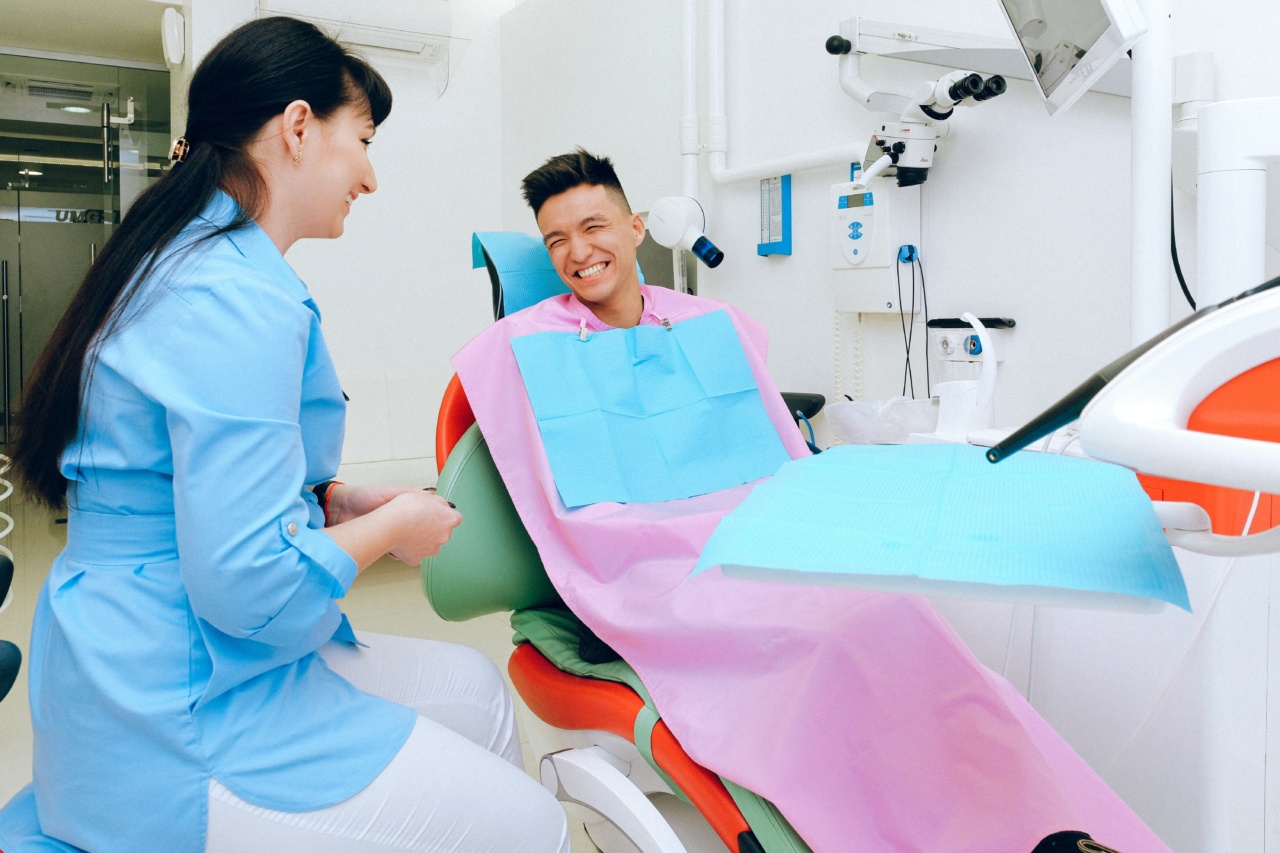When it comes to maintaining our overall health and well-being, we often focus on exercise, diet, and skincare. However, one area that is frequently overlooked is our hair.
Our hair plays a significant role in defining our appearance and boosting our self-confidence. But just like any other part of our body, our hair is susceptible to infections.
Hair infections can be caused by various factors such as bacteria, fungi, viruses, or even parasites. These infections can lead to a range of symptoms including itchiness, hair loss, and inflammation.
To help you understand how to prevent hair infections and keep your gorgeous locks healthy, we have gathered advice from experts in the field.
1. Keep Your Scalp Clean
The foundation of healthy hair is a clean scalp. Regularly washing your hair with a gentle shampoo is essential in removing dirt, excess oil, and environmental pollutants.
However, be cautious not to overwash your hair as it can strip away natural oils that protect your scalp.
Use lukewarm water while washing your hair as hot water can lead to dryness and irritation. Massage your scalp gently to improve blood circulation and stimulate hair growth.
Rinse your hair thoroughly to ensure no leftover shampoo or conditioner remains, as they can also contribute to scalp infections.
2. Avoid Sharing Hair Tools
Sharing hair tools such as combs, brushes, or hair accessories might seem harmless, but it can actually lead to hair infections. Hair tools can harbor fungi, bacteria, or viruses that may transfer from one person to another.
If you need to use a shared tool, make sure to thoroughly clean and sanitize it before use.
Investing in your own set of hair tools is highly recommended to minimize the risk of infections. Regularly clean your combs and brushes with warm water and mild soap, and replace them when necessary to ensure optimal hygiene.
3. Protect Your Hair from Harsh Chemicals
Many hair products contain harsh chemicals that can damage your scalp, leading to infections. Before purchasing any hair products, carefully read the labels and avoid those containing sulfates, parabens, and other harmful ingredients.
Opt for natural or organic hair care products that are free from harsh chemicals. These products promote a healthy scalp and minimize the risk of infections.
Remember to conduct a patch test before using any new hair product to rule out any allergic reactions or negative effects on your scalp.
4. Maintain Proper Hydration
Hydrated hair is healthy hair. Just like our skin, our hair requires proper hydration to stay nourished and strong. Drinking an adequate amount of water each day not only benefits your overall health but also improves the health of your scalp and hair.
Dehydration can cause dryness and flakiness on your scalp, creating an environment that is conducive to infections. Make it a habit to drink at least 8 glasses of water per day to maintain optimal scalp health.
5. Be Mindful of Hairstyles
While hairstyles can enhance our appearance, some of them can also lead to hair infections. Tight hairstyles such as ponytails, buns, or braids can pull on your hair and scalp, leading to discomfort and even hair loss.
These hairstyles can also trap sweat and moisture, creating a breeding ground for bacteria and fungi.
Avoid wearing tight hairstyles for extended periods and give your scalp regular breaks. Opt for looser hairstyles or let your hair down to allow your scalp to breathe and prevent infections.
6. Protect Your Hair from Heat
Excessive heat from styling tools like hairdryers, straighteners, and curling irons can cause damage to your hair shaft and scalp. This damage weakens your hair’s protective barrier, making it more susceptible to infections.
When using heat-styling tools, be sure to apply a heat protectant spray or serum to minimize damage. It is also advisable to use these tools on the lowest heat settings possible and limit their use to prevent long-term harm to your hair and scalp.
7. Practice Good Nutrition
Healthy hair starts from within, and a well-balanced diet plays a crucial role in maintaining optimal hair health. Ensure that your diet includes a variety of foods that are rich in vitamins, minerals, and essential fatty acids.
Incorporate foods such as leafy greens, fruits, lean proteins, whole grains, and healthy fats into your daily meals. These nutrient-dense foods provide the necessary nutrients to promote healthy hair growth and prevent infections.
8. Avoid Overprocessing Your Hair
Chemical processes like coloring, perming, or relaxing can weaken your hair, leading to hair infections. These processes not only strip your hair of its natural oils but also leave your scalp vulnerable to infections.
If you choose to color or chemically alter your hair, it is important to follow the instructions carefully and only use trusted products.
Be mindful of the frequency and intensity of these processes, giving your hair enough time to recover between treatments.
9. Be Cautious in Public Spaces
Public spaces like swimming pools, saunas, and gyms can expose your hair to potential infections. Bacteria and fungi thrive in humid and damp environments, making it essential to take precautions when in public areas.
If you use a public pool, wear a swim cap to minimize the exposure of your hair to chlorine and other harmful agents. Afterward, rinse your hair thoroughly with clean water to remove any leftover chemicals.
In saunas or gyms, be sure to bring your own towel and avoid sharing items that may come into contact with your hair.
10. Seek Professional Help
If you suspect that you have a hair infection or are experiencing persistent symptoms, it is crucial to seek professional help. A dermatologist or trichologist can accurately diagnose the infection and provide appropriate treatment.
Prescribed medications, shampoos, or topical creams may be required to treat the infection effectively. It is important not to self-diagnose or self-medicate, as this can lead to further complications or delay in proper treatment.
By following these expert tips, you can significantly reduce the risk of hair infections and maintain healthy, lustrous locks.
Remember that prevention is always better than cure, so prioritize the health of your hair and scalp in your self-care routine.





























